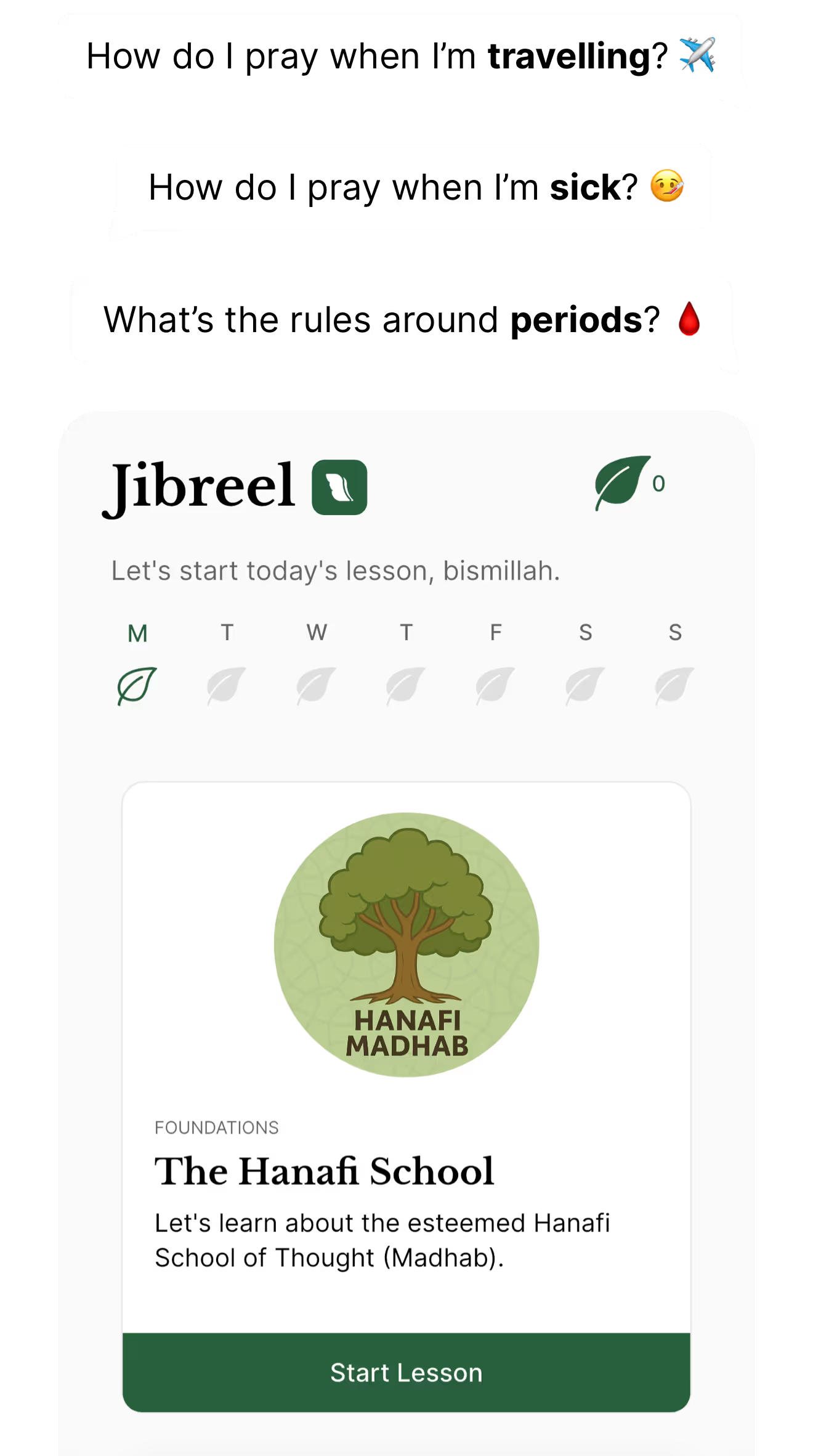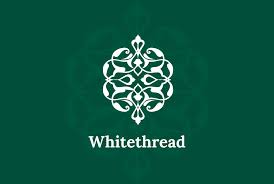In Islam, it is encouraged to remember Allah in every aspect of life – even in simple daily acts like looking at oneself in the mirror. There is a special dua (supplication) to recite upon seeing their reflection. This “mirror dua” not only thanks Allah for one’s appearance but also asks for inner beauty in terms of good character.
In this comprehensive article, we will explore the authentic text of this dua in Arabic, along with its transliteration and English translation, provide hadith references and scholarly opinions on its authenticity, and discuss the virtues and lessons associated with remembering this prayer.
The Dua to Recite When Looking in the Mirror (Arabic & English)
The following is the commonly cited dua when looking in the mirror, presented in the original Arabic, with transliteration for pronunciation, and the English meaning:
Arabic: اللّٰهُمَّ أَنْتَ حَسَّنْتَ خَلْقِي فَحَسِّنْ خُلُقِي
Transliteration: Allahumma anta hassanta khalqi fahassin khuluqi.
English Translation: “O Allah, just as You have made my external features beautiful, make my character beautiful as well.”
In simpler terms, this supplication is a prayer asking Allah: “Just as You have made my outward appearance good, make my khuluq (character and manners) good.” .
The dua is a humble reminder that while we appreciate our physical creation, we should be even more concerned about our inner qualities and behavior.
Prophet Muhammad (peace be upon him) is reported to have recited these words, teaching us to seek Allah’s help in beautifying our conduct just as He has perfected our form.
Hadith References for the Mirror Dua
This beautiful supplication has been attributed to the Prophet Muhammad ﷺ through various hadith narrations.
One such report comes from the Companion ‘Abdullah ibn Mas‘ud (may Allah be pleased with him), who stated that the Prophet said:
“O Allah, just as You made my external form beautiful, make my character beautiful as well".
This narration is recorded in collections of prophetic prayers (for example, in Al-Hisnul Hasîn, p. 206) and is also found in Imam Ahmad’s Musnad. Notably, the hadith scholar Ibn Hibbân regarded this narration as authentic (ṣaḥīḥ) in his collection, lending weight to its credibility according to some scholars.
Another narration is attributed to ‘Ā’ishah (may Allah be pleased with her).
She said that the Prophet ﷺ used to say:
"O Allah, as You have beautified me, beautify my character” .
This version does not explicitly mention a mirror, but it contains the same heartfelt plea for good character. It was recorded by Imām Aḥmad (Hadith 24392) and others, and modern hadith researchers authenticated it as a sound report. In fact, the renowned hadith scholar Shaykh Al-Albani included this dua (in its general form) in his Sahih Al-Jami’ (no. 1307) as an authentic hadith. .
Note: Some versions of the mirror dua also begin with words of praise like “Al-ḥamdu lillāh” (“Praise be to Allah”) before the supplication. For example, one narration states that when the Prophet saw his reflection, he would say: “Praise be to Allah. O Allah, as You have made my appearance good, make my character good…” . While the core plea for good character remains the same, the addition of Alhamdulillah highlights the importance of thanking Allah for our creation before asking for improvement in character.









